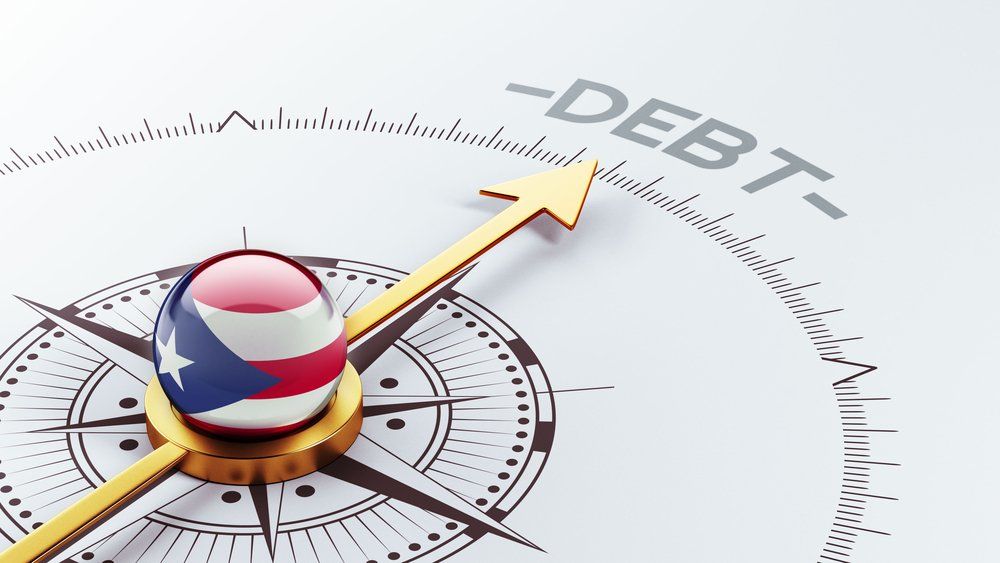When Should You File for Bankruptcy?
Before Filing
If you are considering filing for bankruptcy there are some key points that should be evaluated first. For instance, what is the status of your financial situation? Some questions to consider are:
- Are you buying necessities on credit cards?
- Are you able to, or only make the minimum payments for credit cards?
- Are your credit cards maxed out (have you utilized all of your available credit? )
- Are you being contacted by debt and bill collectors and have you considered debt consolidation?
Depending on your answers and your available assets, then bankruptcy may be an avenue to pursue in order to try and “start fresh.”
Before filing, there may be opportunities to work with your current creditors to restructure your payments or settle your debts.
Additionally, bankruptcy is a complex process and you will need proper legal advice from a Bankruptcy Attorney.
For example, there are some debts which are not dischargeable under Chapter 7 or Chapter 13 of the bankruptcy code; if your main objective is to discharge certain debts it is important to understand that some of those debts (such as income taxes, student loans, child support and alimony) may still exist after the bankruptcy process.
Furthermore, other debts that may have a financial impact upon others are loans that are co-signed.
When you file for bankruptcy or stop paying the loan that is co-signed, your creditor will likely consider you in default and accelerate your loan. This will mean that the full balance is due on the loan, and in turn, make your co-signer liable for the entire amount due (including any missed payments).
Filing for Bankruptcy
There are two ways to file for bankruptcy.
The first is more common which is a voluntary petition . This involves you affirmatively filing in the bankruptcy court under either Chapter 7 or Chapter 13 and undergoing the procedures while receiving the protections afforded by the bankruptcy code.
The second is when your creditor(s) petition the bankruptcy court and order you to declare bankruptcy.
The Automatic Stay
One of the most important aspects of a bankruptcy is the legal effect of an automatic stay. This prevents further collection efforts, wage garnishment, and foreclosure or repossession proceedings (if they have not yet been completed). This is one of the most important considerations when filing.
You must file before any foreclosure sale or repossession sale takes place if you wish to keep the property. Depending on which chapter you file under, you may be able to keep your house and other property during the repayment period which is overseen by the bankruptcy trustee.
Additionally, preventing your creditors from garnishing your wages or pursuing any collection actions against you will give you time to organize your affairs and proceed through the bankruptcy process with oversight without the barrage of phone calls or collection threats.
Contact A Denver Bankruptcy Attorney
Navigating a bankruptcy and the decision of whether or not to file requires experienced and practiced attorneys. As a former trustee for the U.S. Bankruptcy Court , with over thirty years experience, Attorney Martin Long is an expert in the industry with decades of experience in Bankruptcy Law in Loveland Colorado and also serving Aurora, Centennial, Highlands Ranch, Denver, Littleton, Castle Rock, Colorado and the Denver metro area with three convenient locations. For help with your financial matter, call the Law Office of Long & Long for a free initial consultation at 303-832-2655 or go to www.cobklaw.com to schedule a free initial consultation.
The post When Should You File for Bankruptcy? appeared first on Long & Long P.C..





